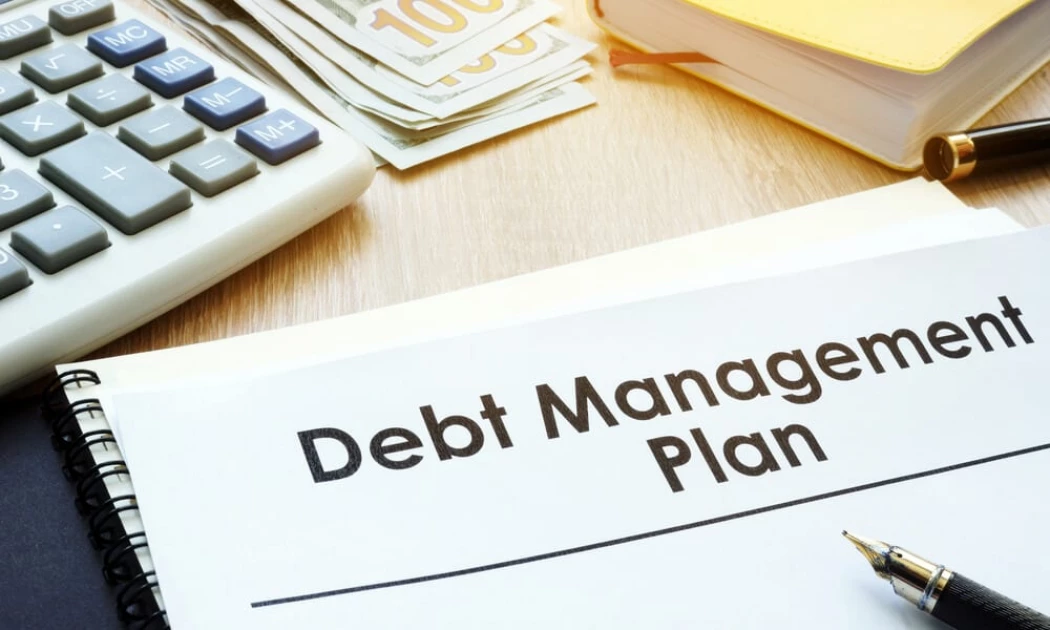Wananchi Opinion: Here is how to manage your personal debt

By Abol Kings
If
you are
looking for a better way to manage your debt, with a goal of eliminating most
or all of it, you have already taken a step in the right direction.
As you prepare to move forward, remember that some debt isn't bad—a mortgage can help you achieve the goal of owning a home and may help you build wealth if your home appreciates in value.
Too much, however, or the wrong kinds, such as high-interest credit card debt, can hamper your ability to pursue other financial goals.
In order to manage your debt more effectively, you may want to consider the following steps.
Know who and how much you owe. Make a list of your debts: include the creditor, total amount of the debt, monthly payment, and due date.
You can use your credit report from your lenders to confirm the debts on your list. Refer to your debt list periodically, especially as you pay back and update the list every month as the amount of your debt changes.
Develop a Repayment Plan: Create a repayment plan that outlines how you will allocate your resources towards debt repayment.
Consider using either the debt avalanche method (paying off high-interest debts first) or the debt snowball method (paying off the smallest debts first for motivation). Choose the method that aligns with your financial goals and preferences.
If you have multiple debts with high-interest rates, explore options for consolidating or refinancing them into a single loan with a lower interest rate, preferably with a regulated institution.
This can simplify your repayment process and potentially save you money on interest payments.
Pay your debts on time each month. Late payments generally increase the amount of your outstanding debt and make it harder to pay off your debt since you will pay penalty for late repayment.
If you miss a payment, don’t wait until the next due date to send your payment, by then it could be reported to a credit bureau. Instead, send your payment as soon as you are able to.
If you can’t afford to pay anything more, at least make the minimum payment. Of course, the minimum payment doesn’t help you make real progress in paying off your debt but it keeps your debt from growing.
When you miss payments, it gets harder to catch up and eventually your account could go into the default state.
Decide which debts to pay off first. Credit card debt is the best candidate for priority repayment.
Of all your credit cards, the one with the highest interest rate usually gets priority on repayment because it's costing the most money.
Use your debt list to prioritize and rank your debts in the order you want to pay them off. You can also choose to pay off the debt with the lowest balance first.
Reach out to your creditors and explore the possibility of negotiating new terms or repayment plans.
This could involve requesting lower interest rates, reduced monthly payments, or a more affordable payment schedule.
Be proactive in communicating your financial situation and seeking alternatives that make debt repayment more manageable. Whatever you do, do not try to run away or hide from your lenders.
Look for ways to reduce your expenses and free up more money for debt repayment.
Analyse your budget and identify areas where you can make cuts, such as reducing discretionary spending on things like hanging out, cancelling unnecessary subscriptions, or lowering your utility bills.
Additionally, consider increasing your income through part-time work, freelancing, or taking on additional shifts if feasible.
Create a realistic budget: Develop a new and realistic monthly budget that aligns with your financial goals and allows for debt repayment.
After you earn, you save and immediately after that (before satisfying your needs) take off a portion to partly pay your debts.
Track your income and expenses diligently and make adjustments as necessary. A well-planned budget will help you stay on track with your debt management goals.
If your debt feels overwhelming, it's worth taking an honest look at what you're spending each month.
Are there expenses you can cut back on or eliminate? Part of reducing your debt is limiting the additional debt you take on.
Figure out how much extra you can budget. Once you have the baseline of how much you have to pay each month in your budget, determine how much extra from your budget you can devote to debt reduction.
Hopefully, those expenses you reduced give you a little more discretionary money to put toward this goal.
As you work on debt repayment, aim to simultaneously build an emergency fund. Having a financial safety net will help prevent future borrowing in case of unexpected expenses or emergencies.
Start setting aside a small portion of your income each month until you have a comfortable emergency fund saved up.
Stay Committed and Stay Positive: Debt management takes time and effort, so it's important to stay committed to your plan. Celebrate small victories along the way and remain positive.
By consistently following your debt management strategies, you can gradually regain control of your finances and work towards a debt-free future. It is not easy, but it is doable.
Seek to educate yourself about personal finance and debt management. Understanding concepts such as interest rates, credit scores, and financial planning can empower you to make informed decisions about your finances.
Seek Professional Advice: If you're struggling to manage your debts effectively, consider seeking advice from a reputable financial advisor.
They can provide personalized guidance based on your situation and help you develop a customized debt management plan.
Mr. Abol Kings is a financial literacy coach, a teacher and a former banker
Want to send us a story? SMS to 25170 or WhatsApp 0743570000 or Submit on Citizen Digital or email wananchi@royalmedia.co.ke
Comments
No comments yet.


Leave a Comment